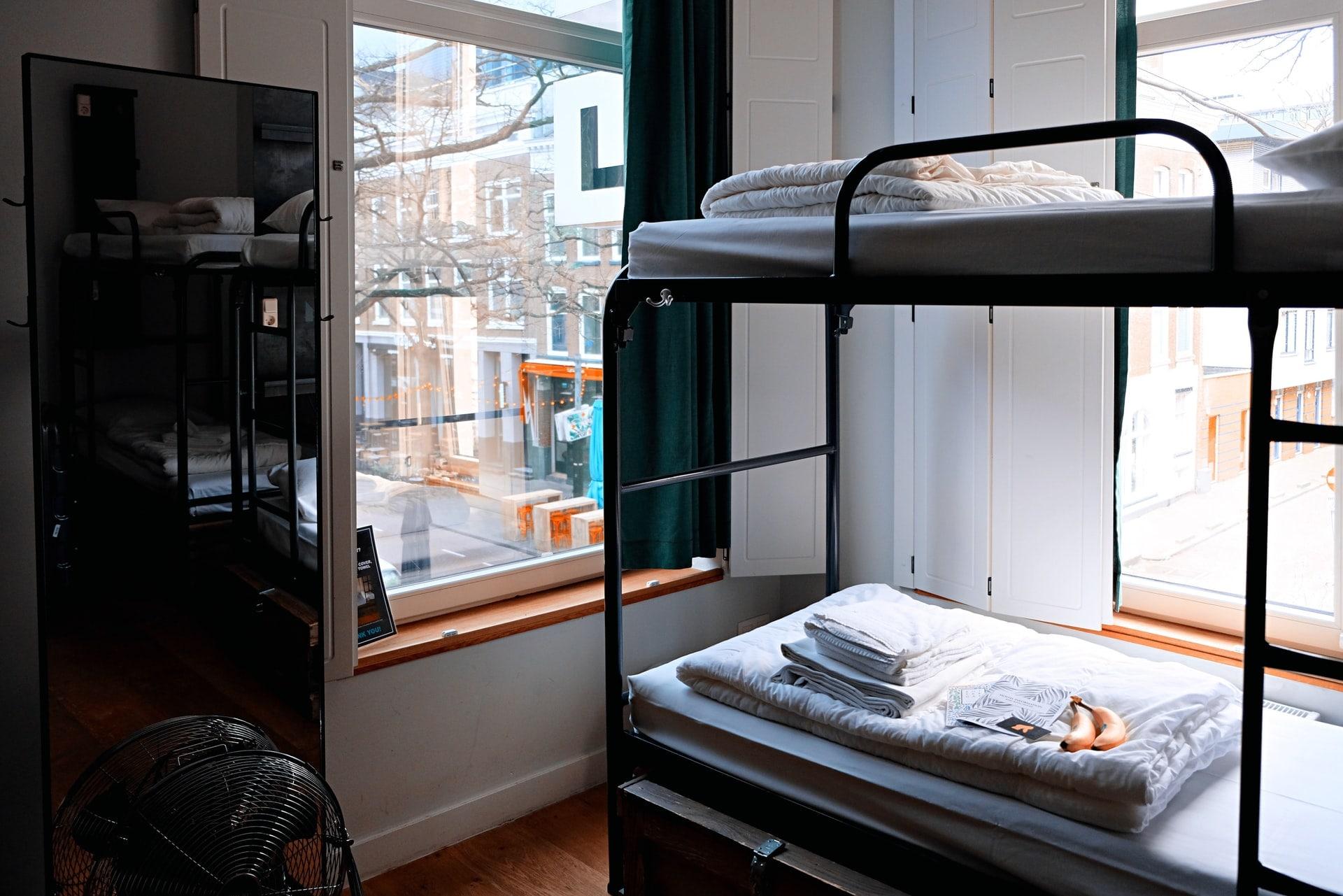Many people believe that switching to an eco-friendly lifestyle contributes nothing to the cause. Why bother, they say, completely missing the main point of sustainable habits. An eco-friendly lifestyle is not only about caring for the environment but improving your day-to-day routines. It is all about the system and order, the one that is sometimes lacking in dorms.

Many universities support green initiatives and provide students with more options in their daily routines. You don’t have to worry about being the only one who wants to practice sustainability. At the same time, if you feel something can be improved, you can be the first one to bring this to the attention of the administration. The rest is a question of consistency.
On the other hand, you don’t want to overcomplicate your daily practices. Just like with ordering an excellent assignment done by paper writing service EssayPro, you don’t need to overthink what you are doing. Being eco-friendly also doesn’t mean you have to invest a fortune to get a good turnover. The best advice here is to follow is to make it simple, accessible, and understandable.

Reduce, reuse, recycle
Many people begin with minimalism when they are introduced to the eco-friendly lifestyle. Yes, when you stop buying something new, you save a penny and stick to the first principle. But what to do with all the things you already own? This is when you start reusing and recycling things.
You can give old but good quality items to the community and those who might need them. If something is not suitable for charity, you can reuse and recycle it. Torn and worn clothing can be turned into interior decoration. Some things can be fixed after some time spent on the repair.
The goal of this rule is to reimagine your relationships with material possessions. It quickly becomes clear how little we need to cover our needs. Of course, we are not talking about some life-saving things necessary for many people. But if you don’t need it, you can survive another day without a new gadget or the fifth pair of jeans.
This is the thing about some basics that are misinterpreted by people. Some people fall victim to thrifting culture and clutter their space with dresses and shoes they don’t really need. You don’t have to chase the influencers and their “thirty days look” challenges. It is all about your comfort and necessities.
Invest in reusable items
Many items we use daily are designed to be thrown away after one time. However, you make a change in favor of your budget and the environment when you buy the one and only item that can serve you indefinitely. Here are a few things to consider:
- A reusable water bottle can save you a penny and positively reduce plastic waste;
- Washable cotton rounds are perfect for your skincare routines and serve you for years with the same quality s disposable ones;
- Plates, cups, and utensils from eco-friendly materials are easy to take on a picnic with you, and avoid buying plastic utensils;
- A reusable tote bag is not only a must for shopping, it is your personal fashion statement (and you can support local small businesses who create cute prints);
Be a plant mom or dad
Many people consider buying air purifiers or air fresheners to improve the air quality in their rooms. Your living space air quality is crucial for feeling good and avoiding developing some health problems. It is not a cheap solution for students or people who are only starting their careers. So, the best way to make your day brighter and practice sustainability is to cultivate your indoor garden.
You need to talk with your dorm administrator and ask them about plant policies where you live. If there are no issues with bringing some plants to your room, you can confidently go for it.
Such houseplants like Spider Plant or Aloe Vera are proven to reduce pollution. Having greenery and a new responsibility to care for, you can make your distance learning a much more fun thing to enjoy your college years. You don’t even need to buy seeds, fertilizers, or other equipment for the garden. Just propagate the type you are interested in and use everything you have at hand to make your garden thrive.
Shop locally
You can always find something in a gigantic store with tempting discounts. However, most large mart chains are not located near dorms and you spend more time getting there than actually shopping sometimes. Every purchase you make at a smaller business, supports them and provides you with better quality for the same price. In the digital age, you can find businesses in your area and carefully learn what services they provide.
As a result, you only get a win-win situation. You spend less on mass produced items and make friends with local business owners.
Research brands
It is easy to grab something and throw it in your shopping cart without thinking. However, when you buy from brands that leave a tremendous carbon footprint or test on animals, you let them continue their practices and support them. Not buying from brands with bad reputations sends them a message to do better.
There are plenty of resources you can check before making your decision. Be cautious with all types of businesses, from house items production to cosmetics.
Go digital
Using your tablet for reading and taking notes during class reduces paper waste. Many professors support the idea of having your laptop instead of several notebooks at your desk. And, you don’t have to have a physical copy of your favorite book to enjoy it. On the other hand, you can always buy or rent used textbooks, go to the library, and free your working space from redundant books and stationery items.
It is also important to avoid printing materials you can access online or on your device. Yes, it is easier to work with a physical copy, but it’s not worth it if you toss it right after passing your tests.
Sort your waste
At first, it won’t make sense, and you might skip it or completely forget to use an appropriate bin for food waste or plastic. You need to practice sorting all the time, and it will become your standard. It means that you also become more aware of campus recycling practices and make a positive change. After some time, you won’t have a second thought on where you put your banana peels (a hint: you can use it as a fertilizer for your plants).
Reconsider your laundry practices
Many students find doing laundry quite stressful. It is especially stressful for students who live in dorms and don’t have a laundromat in the vicinity. You can cooperate with your roommate to reduce water usage and wash your laundry loads together. At the same time, you should use cold water and save a ton of energy.
Another big change in your laundry routines would be buying eco-friendly products. There’s plenty of harm-free cleaning products both for making your clothing fresh.
Conclusion
Going green is not something that people can force on you. You need to make this decision consciously and see it as an opportunity to change your worldview. When you are not attached to things and pay more attention to the environment, you become happier. Small things do make a change, and, in the perspective, they have a great impact.





